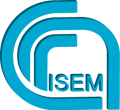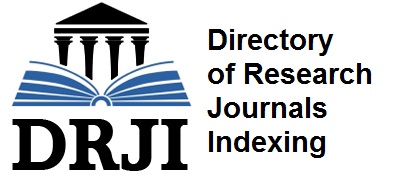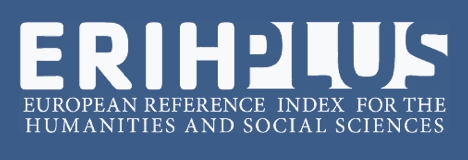L’Islamisme n’a aucun avenir
Islamism has no future
Abstract
Islamism is a movement highly liberticidal, undemocratic, anti‐feminist and enemy of progress, both in its “moderate” versions and in its various Salafists versions frankly advocating the use of physical violence, proselytizing, using the feeling of culpability of the undecided and psychological stress in order to ʺIslamizeʺ society. Its spread reveals the contradictions in which the Arab peoples have been struggling for two centuries trying to catch history and at the same time refusing to follow the Western path. In fact, they don’t distinguish between what is universal and what is specifically Western in modern civilization. They reduce the universal (rationality, freedom of belief and expression of individual autonomy, gender equality, etc.) to the specific, that is to prohibit any questioning of modes of thought and social organization inherited from the past.
L’islamisme est un mouvement éminemment liberticide, antidémocratique, antiféministe et ennemi du progrès, aussi bien dans ses versions dites modérées que dans ses diverses versions salafistes prônant l’utilisation de la violence physique ou pratiquant le prosélytisme et recourant à la culpabilisation des indécis et à la contrainte psychologique afin “d’islamiser” la société. Sa propagation révèle les contradictions dans lesquelles se démènent les peuples arabes depuis deux siècles, cherchant à rattraper leur retard historique et refusant en même temps de suivre le chemin qu’avait pris l’Occident pour asseoir sa suprématie, car ne faisant pas la distinction entre ce qui est universel et ce qui est spécifiquement occidental dans la civilisation moderne, ou plutôt réduisant l universel (la rationalité, la liberté de croyance et d’expression, l’autonomie de la personne, l’égalité entre les genres, etc.) au spécifique. Ce empêche toute remise en cause des modes de pensée et d’organisation sociale hérités du passé.

This work is licensed under a Creative Commons Attribution-NonCommercial 4.0 International License.
Authors who publish with this Journal agree to the following terms:
Authors retain copyright and grant the Journal right of first publication with the work simultaneously licensed under a Creative Commons Attribution-NonCommercial 4.0 International License.
This Journal permits and encourages authors to post items submitted to the Journal on personal websites or institutional repositories both prior to and after publication, while providing bibliographic details that credit, if applicable, its publication in this Journal.

















